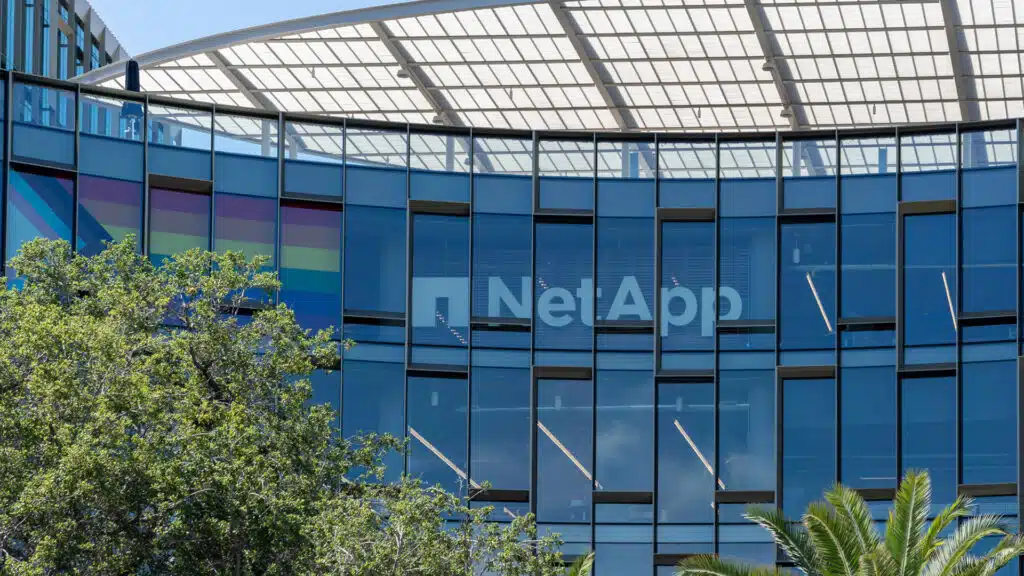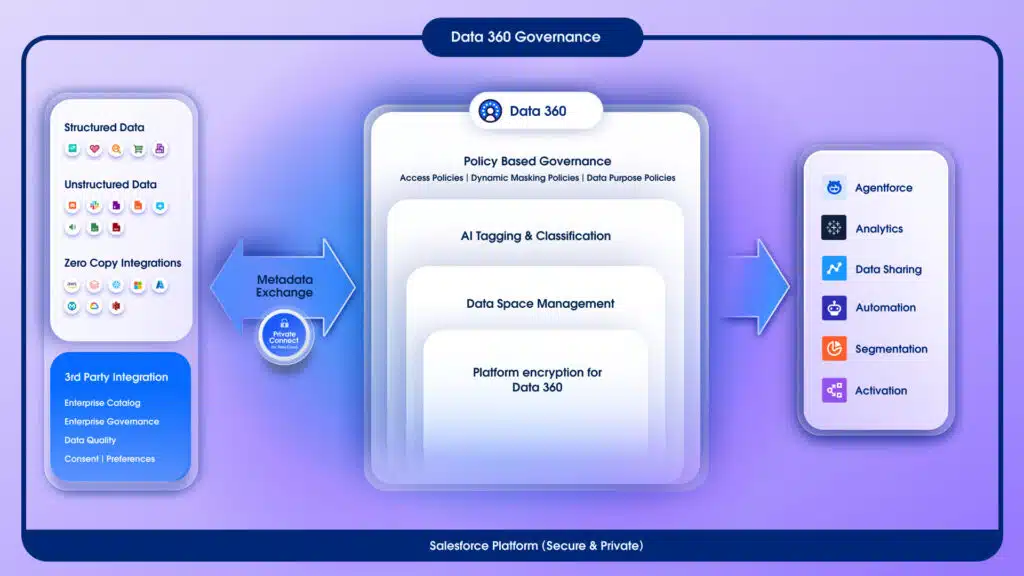In October of last year, IBM announced its intent to spinout the Managed Infrastructure Services group from IBM’s Global Technology Services (GTS) division. The new IT outsourcing entity, named NewCo for now, will focus on managing IT infrastructure on behalf of its enterprise clients.
When NewCo becomes a public company by the end of this year, it will be ideally positioned. Projects relating to cloud, application containerization and AI that require expertise many IT organizations do not now have will be in abundance and demand for as-a-Service offering will be on the upswing. It will focus on a $500B market opportunity (IBM estimate) that will only grow as time goes on. And it starts from a position of having 4,600 clients in 115 countries and a backlog of $60B.
In a statement announcing the move, IBM CEO Arvind Krishna said, “It will leverage its unrivaled expertise to offer hosting and network services, services management, infrastructure modernization, and migrating and managing multicloud environments. These are critical services that are core to client operations.”
Indeed. As I noted in a previous blog, attracting and hiring qualified staff to manage new technologies and cloud computing environments will become more of an issue as we progress into 2021. Expertise for cloud, AI and application containerization will be in demand and pressure will be on to get projects into production. Managed services can help fill the gap when one exists and NewCo will emerge, according to Krishna, “twice the size of its nearest competitor.”
But what is not specifically addressed in IBM’s announcement is a growing market for as-a-Service offerings. So far, IT infrastructure vendors have come forward with Compute as a Services, Storage as a Service and other variations on this theme. And IBM GTS already has offerings in this category. Examples include Managed Private Cloud IaaS and Managed Networking Services. In the case of Private Cloud IaaS, IBM provides both the infrastructure and a full suite of management services that customers can pay for on a utility basis where IBM bills for what is actually consumed on a monthly basis – a plan that is similar to cloud resource consumption models. One can assume that NewCo will not only continue with these offering but expand the portfolio in this direction.
As attractive as IT infrastructure services will be in 2021, independence with regard to the type of infrastructure under management can also be a critical factor in the selection of a managed IT services vendor. A bias toward a particular vendor’s product portfolio is not a desired attribute from the standpoint of the customer. Users prefer to remain flexible, and when possible, exert some degree of control over infrastructure provisioning. This is because it not only has an impact on their business operations, but infrastructure that is incompatible with other entities within the enterprise causes friction – the last thing executives want blended into their digital transformation projects. And while incompatibility may not be an issue when the managed services platform is installed, it can become an issue further down the road. Again, flexibility is valued.
In the press release announcing the spinout of the IBM GTS Managed Infrastructure Services group into NewCo, IBM’s CEO Arvind Krishna stated that, “NewCo will have greater agility to design, run and modernize the infrastructure of the world’s most important organizations.” In this statement is the implication that, because NewCo will be outside of IBM proper, it will have more autonomy and independence when making infrastructure decisions on behalf of its customers. Therefore, IBM appears to be addressing this issue. Why then, did IBM recently name Martin Schroeter, a long-time IBM executive, to head-up NewCo? Would not have bringing someone in from outside of IBM to run NewCo send a stronger message of independence? Establishing a perception of independence in the minds of prospective customers will only help put NewCo on an even faster growth trajectory and should be given priority.
Author Information
Now retired, Camberley brought over 25 years of executive experience leading sales and marketing teams at Fortune 500 firms. Before joining The Futurum Group, she led the Evaluator Group, an information technology analyst firm as Managing Director.
Her career spanned all elements of sales and marketing including a 360-degree view of addressing challenges and delivering solutions was achieved from crossing the boundary of sales and channel engagement with large enterprise vendors and her own 100-person IT services firm.
Camberley provided Global 250 startups with go-to-market strategies, creating a new market category “MAID” as Vice President of Marketing at COPAN and led a worldwide marketing team including channels as a VP at VERITAS. At GE Access, a $2B distribution company, she served as VP of a new division and succeeded in growing the company from $14 to $500 million and built a successful 100-person IT services firm. Camberley began her career at IBM in sales and management.
She holds a Bachelor of Science in International Business from California State University – Long Beach and executive certificates from Wellesley and Wharton School of Business.







